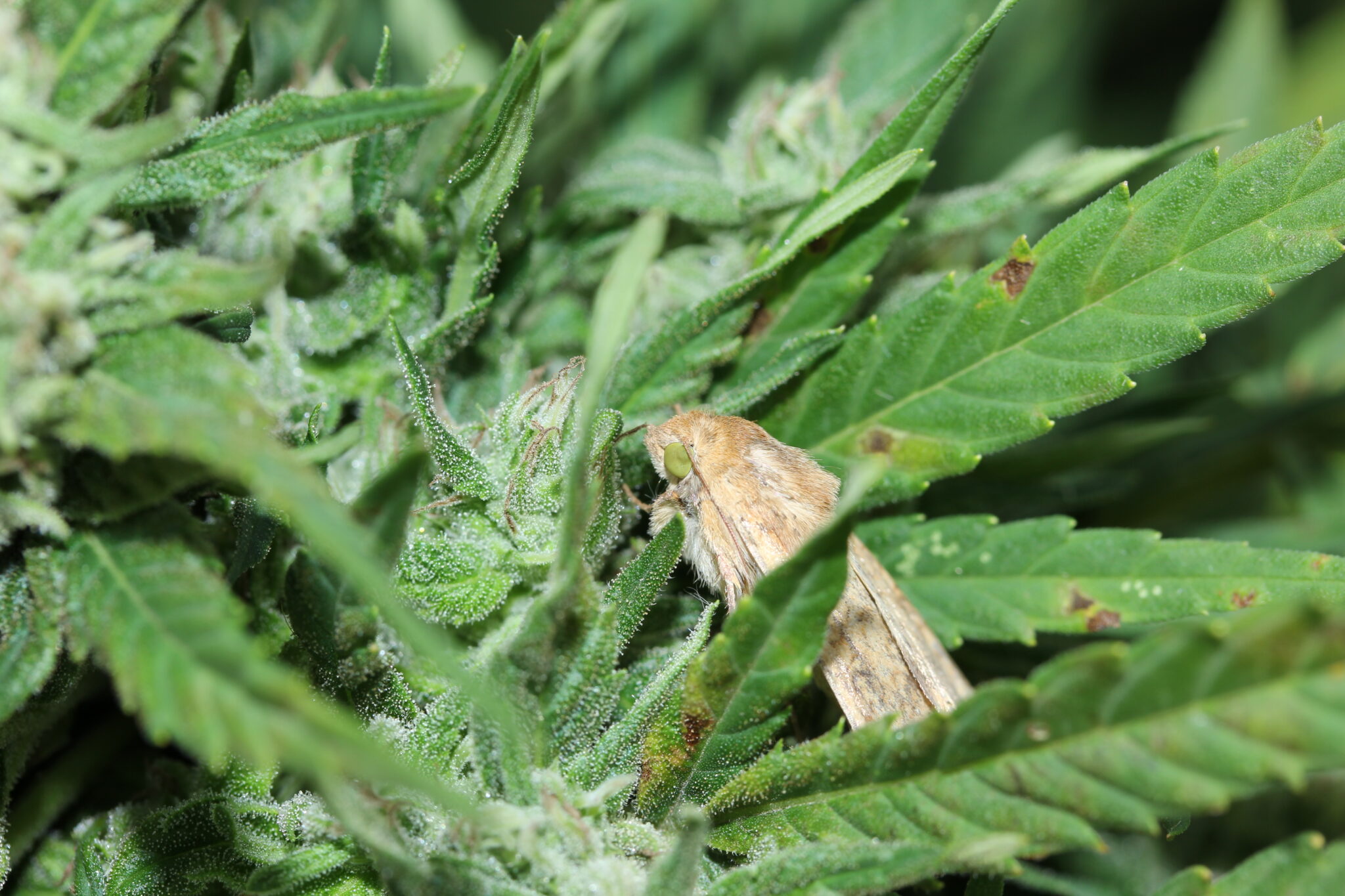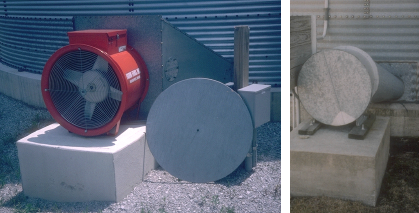The “Black Cutworm Adult Pheromone Trap Report,” below, features moth captures that are mostly low, with a few surprises.
The “Black Cutworm Adult Pheromone Trap Report,” below, features moth captures that are mostly low, with a few surprises.

Have you ever seeded a pasture or hay field and still have seed in the back of your pickup truck or trailer that was meant to be in the soil upon completion of the seeding?

Please join us for a six-part webinar series focused on integrated pest management in hemp!
Armyworm Pheromone Trap Report – 2022
From Commodity classic in New Orleans, the new Purdue Crop Chat podcast comes from the trade show floor with host Eric Pfeiffer and Purdue Extension soybean specialist Dr. Shaun Casteel and Extension Corn Specialist Dr. Dan Quinn.
As spring approaches and farmers and agronomists begin to get anxious as corn planting approaches, the question that often arrives each year is when is the best time to begin planting?
Corn yield response to increasing nitrogen (N) rate follows the Law of Diminishing Returns – as higher and higher increments of N are applied, the increase in grain yield becomes smaller and smaller (Figure 1). Eventually, maximum yield occurs and applying more N does not increase yield any further.

The weather is beginning to warm up with more sunshine days and temperatures in the 40oF and 50oF indicating that Spring is around the corner. While it is great news to welcome the warmth and do away with our winter jackets and warm clothing, warm weather is bad for grain storage.
Last Fall we discussed the herbicide shortage for the 2022 growing season and outlined a couple of scenarios where we can switch to alternative herbicides to accomplish the same weed control objectives.
Purdue University Extension, in collaboration with the Indiana Forage Council, conducted a “Forage Forum Friday” webinar series that has many different topics related to forage crop production, utilization, and marketing.
© 2026 Purdue University | An equal access/equal opportunity university | Copyright Complaints | Maintained by Pest&Crop newsletter
If you have trouble accessing this page because of a disability, please contact Pest&Crop newsletter at luck@purdue.edu.